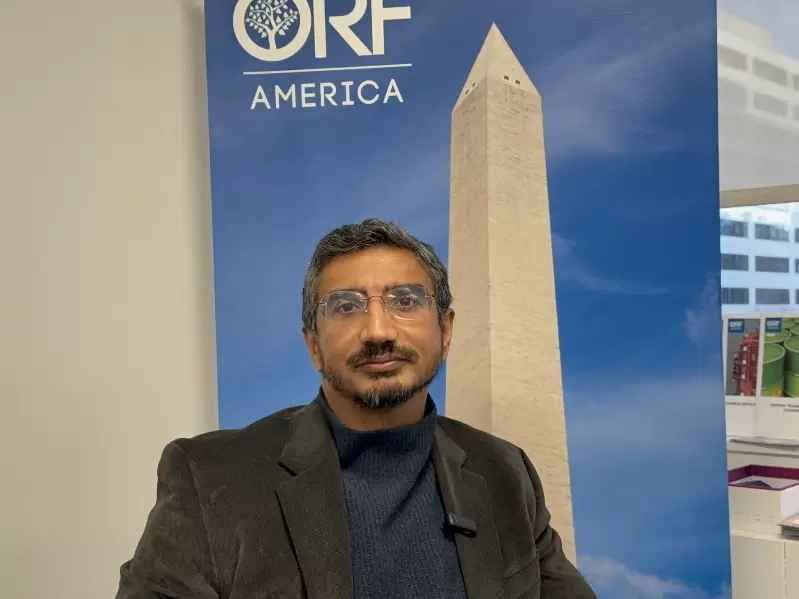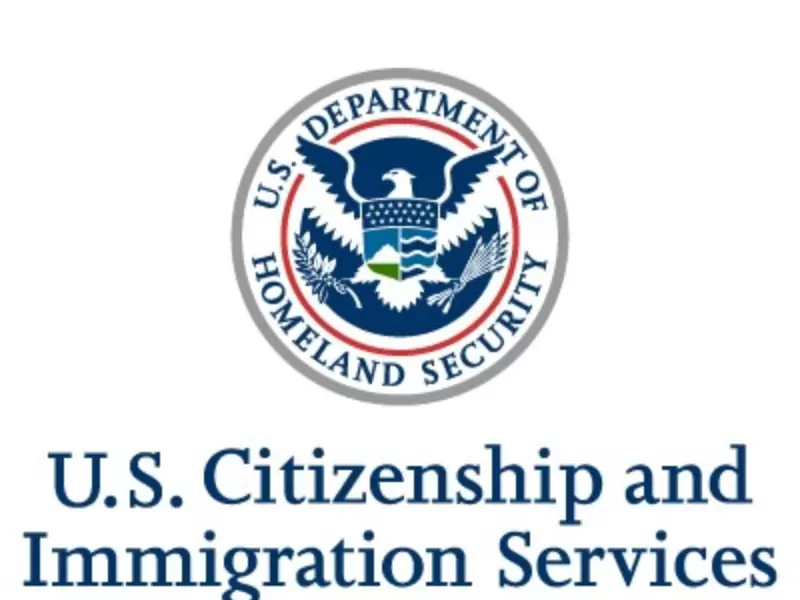POP
See MoreCommunity
See MoreHeartfulness Institute to celebrate World Meditation Day 2025
With this initiative, the institute aims to unite humanity in collective meditation for peace and harmony in the world.
-
Community leaders, elected officials and GOPIO members attended the event, which opened with a universal prayer led by GOPIO-CT Secretary...
-
The Hicksville event brought together community leaders, public officials, and artists to highlight Punjabi heritage, service initiatives, and civic engagement.
-
The donation was directed to three aid groups supporting emergency response and reconstruction after Hurricane Melissa.
ADVERTISEMENT
Videos
View AllOpinion
See MorePeople
See MoreAmerican Express names Dolly Sood as Director of Talent Acquisition
Prior to this promotion, Sood served as the Recruitment Lead at American Express for about five years.
-
Sarath Katragadda has a specialized clinical interest in genitourinary, gastrointestinal, and breast cancers.
-
Joshi has authored more than 600 scientific papers and received numerous honors.
-
Pasricha, who currently serves as dean of the School of Business, will transition to the new role effective Jan. 5,...
ADVERTISEMENT
Entertainment
See More-
The teaser offers a commanding glimpse of the four leading men, Sunny Deol, Varun Dhawan, Diljit Dosanjh, and Ahan Shetty.
-
Michael Bay is entering the Indian film industry with his new creative collaboration with Bhanushali Studios Limited.
-
During his visit to India, Messi met many bigwigs from...
-
The couple, who went public with their relationship in 2023,...
-
ADVERTISEMENT
Immigration
See More
U.S. President Donald Trump has carried out an aggressive immigration agenda, including imposing travel bans and an attempt to end birthright citizenship,
-
Employers filing initial H-1B petitions currently pay between $960 and $7,595 in combined regulatory and statutory fees.
-
The study by Stop AAPI Hate cites rising anxiety, surveillance concerns, and inadequate institutional support across U.S. campuses.
-
New policy requires public social media access for skilled workers,...
-
The new policy eliminates self-submitted photographs, allowing only photos taken...
Food
See More-
The menu draws from Lucknow’s narrow lanes, Delhi’s Mughal-era durbars, Hyderabad’s Nizami kitchens and the coastal food cultures of Tamil...
-
ADF Foods is a fourth-generation family-owned leader in gourmet frozen
-
Attendees will receive a tour of the kitchen, observe operational processes, and participate in a live question-and-answer session.
-
Onset of illness occurred between Nov. 28 and 29, with...
-
The restaurant holds a 4.8 rating from more than 10,000...
-
It will replace the existing Rosedale restaurant in Jan. 2026,...
-
Khanna offered the warm drinks to guests queued outside his...
-
SPORTS NEWS
See MoreWith no play possible in Lucknow, much to the dismay...
Overall, all 10 teams filled all 77 vacant slots, spending...
In his handwritten resignation letter in Bengali, Biswas claimed that...
Germany’s supremacy in junior men’s hockey remained unchallenged.
-
ADVERTISEMENT
News
See More-
ADVERTISEMENT
Please enter something
- Asian Americans
- Biz
- Books
- Canada
- Community
- Culture
- Dating
- Diplomacy
- Diwali
- Editor picks
- Editorial
- Explainers
- Fashion
- Features
- Food
- Immigration
- India
- India Decides '24
- India Independence Day
- Letters to the Editor
- Life
- Maha Kumbh
- Movies+
- News
- Opinion
- People
- Ram Mandir
- Reviews
- Sports
- Spotlight
- Tech
- Travel n’ Diplomacy
- Trump 2.0
- UK Votes 2024
- US Elections 2024
- USA
- West Coast


















.png)








.png)

